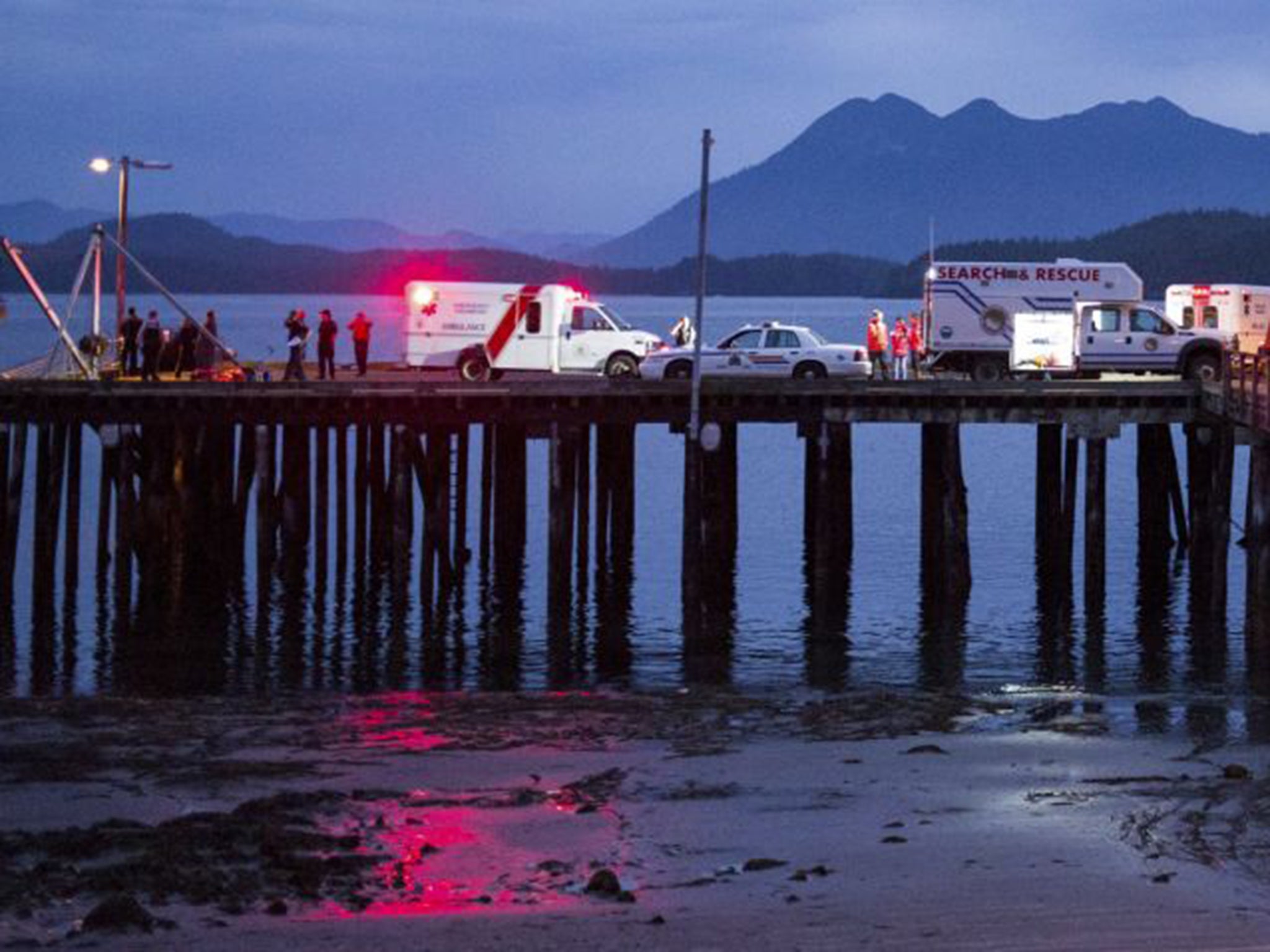Canada whale-watching deaths are a tragedy, but risk can never be entirely eliminated
Maritime safety is built on the lessons learned from the past, and new precautions will doubtless be introduced to avoid future calamities

Your support helps us to tell the story
From reproductive rights to climate change to Big Tech, The Independent is on the ground when the story is developing. Whether it's investigating the financials of Elon Musk's pro-Trump PAC or producing our latest documentary, 'The A Word', which shines a light on the American women fighting for reproductive rights, we know how important it is to parse out the facts from the messaging.
At such a critical moment in US history, we need reporters on the ground. Your donation allows us to keep sending journalists to speak to both sides of the story.
The Independent is trusted by Americans across the entire political spectrum. And unlike many other quality news outlets, we choose not to lock Americans out of our reporting and analysis with paywalls. We believe quality journalism should be available to everyone, paid for by those who can afford it.
Your support makes all the difference.For anyone seeking the great outdoors, Canada is a compelling destination. From the easternmost coast of Newfoundland to the western shores of British Columbia, the nation offers the prospect of adventure.
Statistically, the country in which many people seek the trip of lifetime is also very safe - which makes the tragedy off the coast of Vancouver Island all the more shocking.
The victims began Sunday eagerly awaiting a remarkable encounter. Each day through the summer, thousands of tourists board boats to observe whales in their habitats in the waters off Canada’s glorious shores.
Whale-watching is an enthralling activity that 21st-century travellers are uniquely placed to enjoy.
A standard trip, whether from the coast of Newfoundland, Nova Scotia, Quebec or Vancouver Island, lasts three or four hours in the company of a few dozen other tourists. It provides the near-guaranteed prospect of sighting of the world’s largest mammals, thanks to a well-organised maritime grapevine that reports on the most fruitful locations.
In my experience on several Canadian outings, whale-watching is a wonderful experience. Whales like to show off. They spout, then surface and sometimes leap, taunting sightseers who usually discover later their cameras have caught only the perfect splash
Like the rest of Canada’s travel industry, whale-watching is a professionally run business. Crews and vessels are rigorously regulated, with particular attention paid to emergency equipment. Day-trippers get a safety briefing at the start of each voyage, though on the whale-watching voyages I have taken the biggest risk that concerned me was that the cetaceans might stay hidden.
Canadian officials will meticulously investigate what went so terribly wrong. For the grieving relatives, their report will provide some answers.
New precautions will doubtless be introduced in a bid to ensure that no similar calamity befalls whale-watchers in future. Maritime safety is built on the lessons learned from previous tragedies. But even in welcoming, well-ordered nations, risk can be managed but never entirely eliminated.
Join our commenting forum
Join thought-provoking conversations, follow other Independent readers and see their replies
Comments